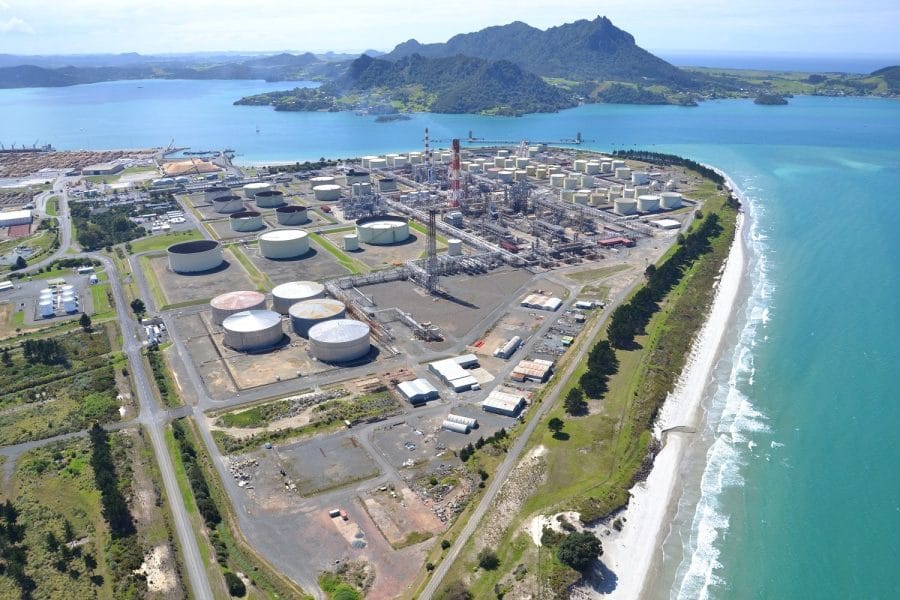- Associate Energy Minister Shane Jones announces investigation into the feasibility of reopening Marsden Point Oil Refinery, aiming to secure New Zealand’s fuel supply amidst concerns of resilience and employment in Northland.
- The study, part of the Coalition Government’s efforts, will also focus on transitioning to low carbon fuels and improving infrastructure for methanol and hydrogen use, ensuring long-term fuel resilience.
- The Maritime Union of New Zealand supports the initiative, highlighting the importance of maintaining New Zealand-flagged tankers for fuel distribution and storage, addressing the vulnerability to international disruptions and fuel contamination issues.
Associate Energy Minister Shane Jones is currently assessing the potential to bring back the Marsden Point Oil Refinery. This move is part of the government’s broader strategy to guarantee New Zealand’s stable access to fuel. Following the refinery’s shutdown in 2022, this facility was previously crucial in producing the country’s jet fuel, diesel, and shipping fuel oil. The reopening is being considered to counter the loss of significant employment in Northland and to mitigate risks to New Zealand’s fuel supply.
In an agreement with the National Party under the New Zealand First Coalition, there are plans to draft a fuel security plan. This plan will protect the nation’s transportation, logistics, and emergency services against any form of disruption, whether local or global. Despite aspirations for a fossil fuel-free future, Jones emphasized the current necessity of gas and coal for the economy’s continuity.
Additionally, the initiative will look into transitioning towards sustainable fuel options, including methanol and hydrogen, to build a resilient fuel system for New Zealand. The government is preparing a Request for Proposals, with the study expected to start later this year.
The Maritime Union has expressed its support for this investigation, emphasizing the importance of fuel security and resilience until decarbonization becomes feasible. Craig Harrison, the Union’s National Secretary, stressed the impact of the refinery’s closure on the country’s fuel resilience and advocated for the maintenance of New Zealand-flagged tankers for better supply distribution and emergency readiness. He highlighted the risks of relying on foreign fuel supplies, especially in light of potential global disruptions.


